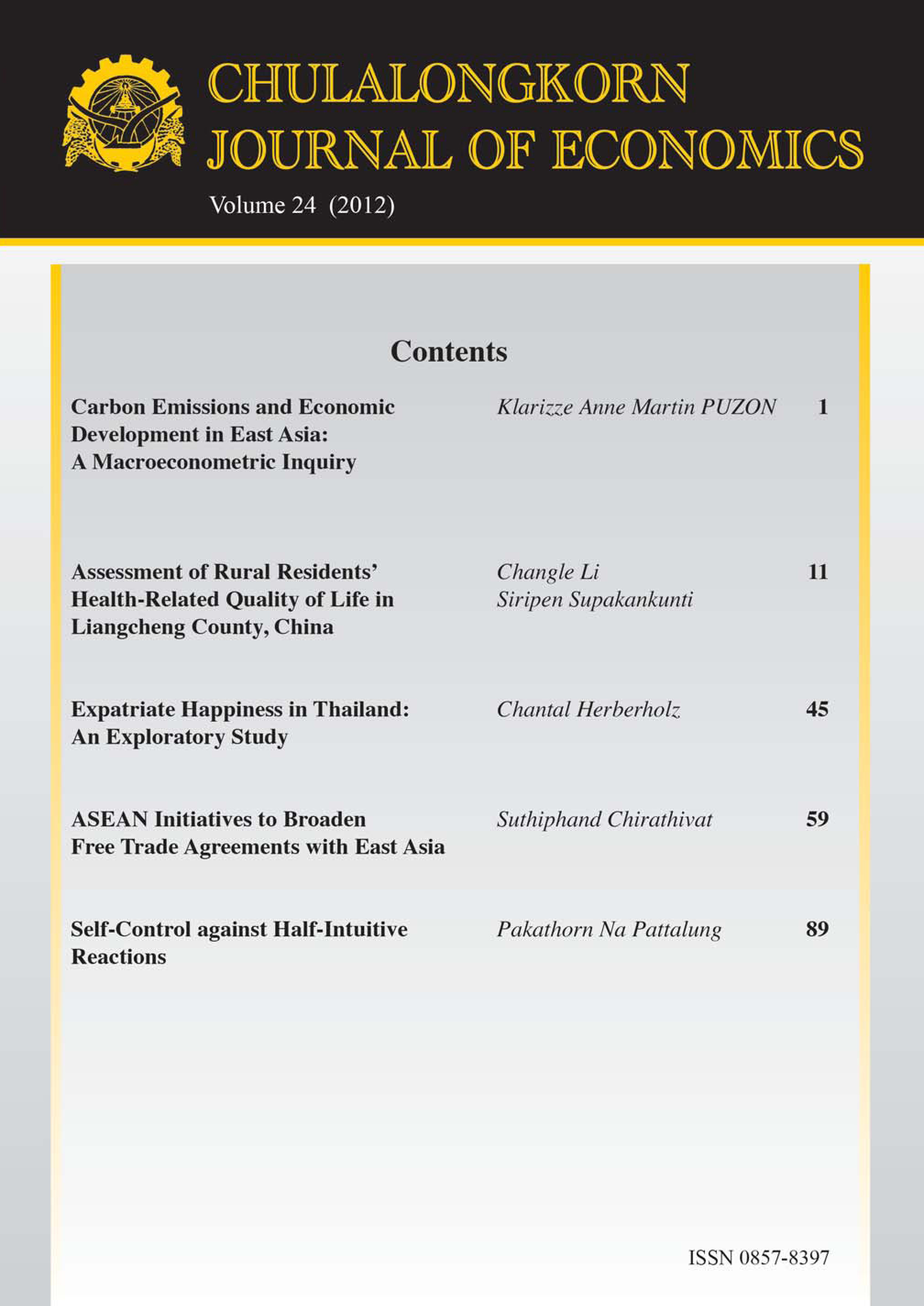Duopoly Price Competition: When Consumers are Uncertain about Quality
Keywords:
Quality Competition, Quality UncertaintyAbstract
This paper attempts to explain the behaviors of both consumers and firms when they face quality uncertainty during competition. By using the method of simulation, it is found that quality uncertainty leads to market failure in that it produces behaviors that decrease consumer welfare and distort profits among firms. This is because in the presence of quality uncertainty, consumers have to use price as a signal of product quality. As a result, uninformed consumers who face difficulty in recognizing the quality of each product will be easily deceived by firms. Even in a situation where no one is deceived, there are still some losses in consumer welfare from the deceiving attempt. That is, the utility level is lower than it would be in cases where there is no quality uncertainty. Therefore, information about quality should be given to consumers before they make a decision in order to achieve the highest level of social welfare in the market.
Downloads
Published
How to Cite
Issue
Section
License
The submission of a manuscript implies that the paper is an original work and has not been published elsewhere. The author(s) authorize the journal to reproduce or distribute the paper in printed or other electronic forms.







